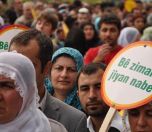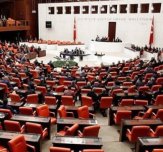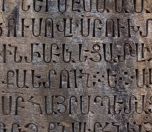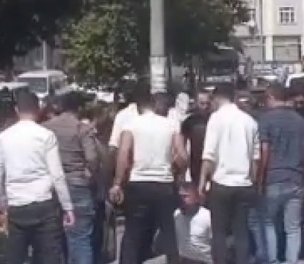Click to read the article in Turkish
February 21 has been a day of observance held worldwide as International Mother Language Day since 1999 when it was announced by UNESCO and recognized at the general assembly of the United Nations. Language Movement Day, it was called at first... The purpose was to support cultural diversity and multilingualism in the whole world.
I remember my mother telling us, although they were Laz, their teachers would ask them to speak Turkish. Those who spoke the Laz language would receive a punishment. The teachers even asked students to listen to the houses of other students and to inform them.
They also told the same story to a friend of mine making an interview in an Iberian (Georgian) village in Bursa for an article series we prepared for Yeni Yüzyıl daily.
We saw in this country punishments given for the letters Q and W, those beaten and even killed because they were singing Kurdish songs.
The denial was always based on the purpose of creating 'unity.' What they call "single language, single nation, single flag" today was worded saying "Speak Turkish and speak more" in the prisons in the period following the military coup of September 12, 1980.
And today, we witnessed in the February 6 earthquakes, people avoiding using their language thinking "they will not help us" while trying to call out to their family members. And even those who fear calling for help in their language from under the debris...
Anatolia and Mesopotamia have been cradle to countless civilizations, and were blended with many different languages and cultures, but became arid as a result of the policies pursued in relation to different mother languages.
The demand for "education in the mother tongue" arouses racist-chauvinist feelings and gets reactions. It is also frequently an area of political exploitation.
We have to leave behind looking at millions of people using their mother language with the fear that 'the country will be divided.'
bianet explores the situation the mother languages are in when we are entering the 100th anniversary of the Republic. (Mİ/AÖ/PE)
Language death, language suicide and Zaza language




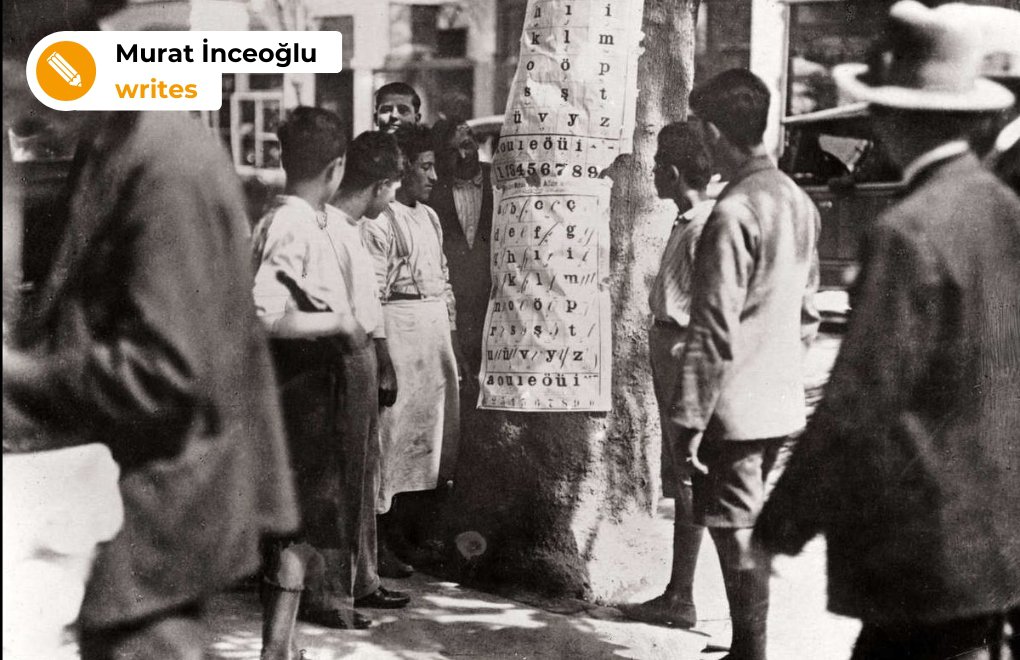
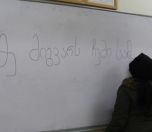

.jpg)
sasa.jpg)
as.jpg)
